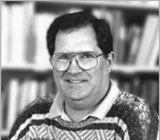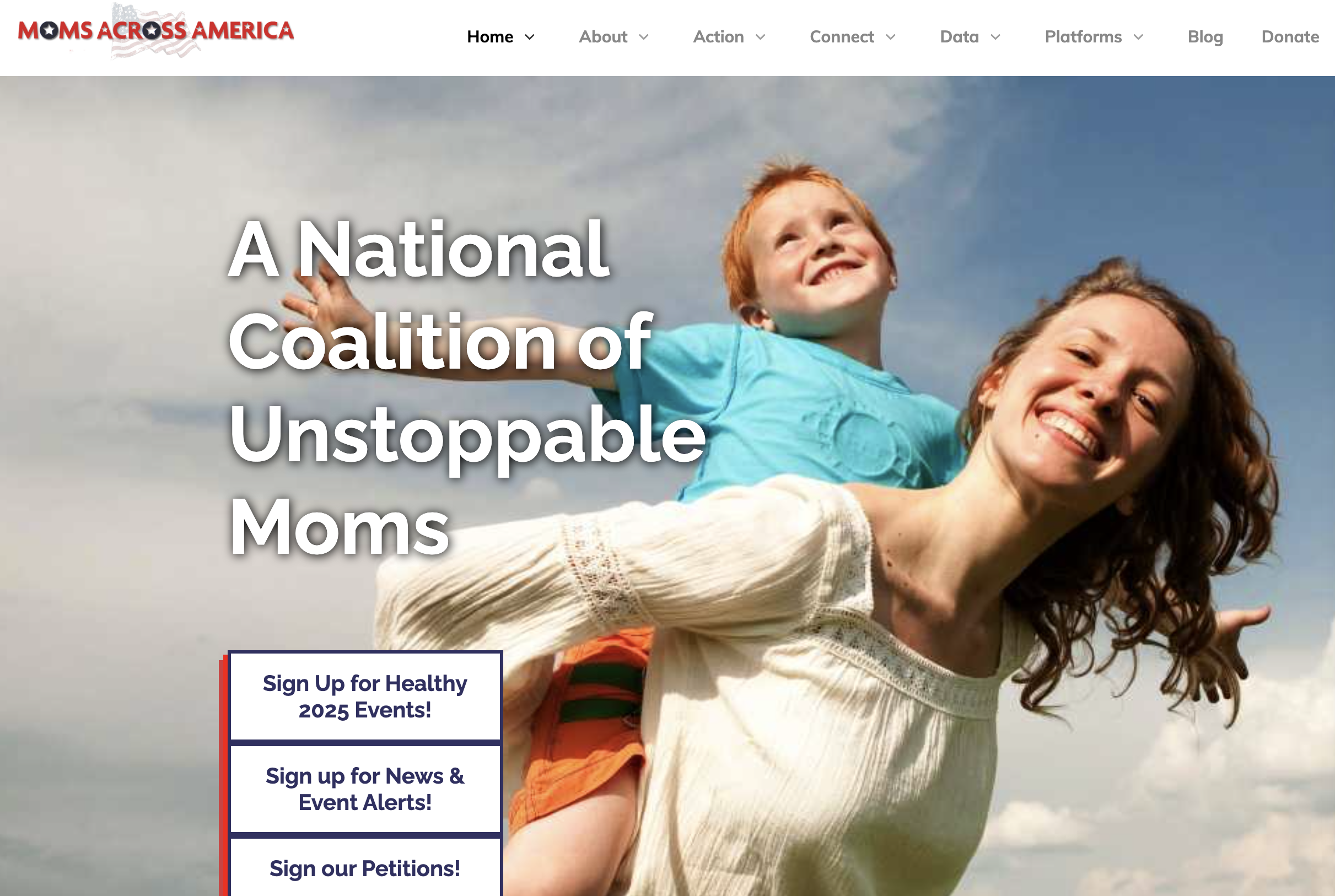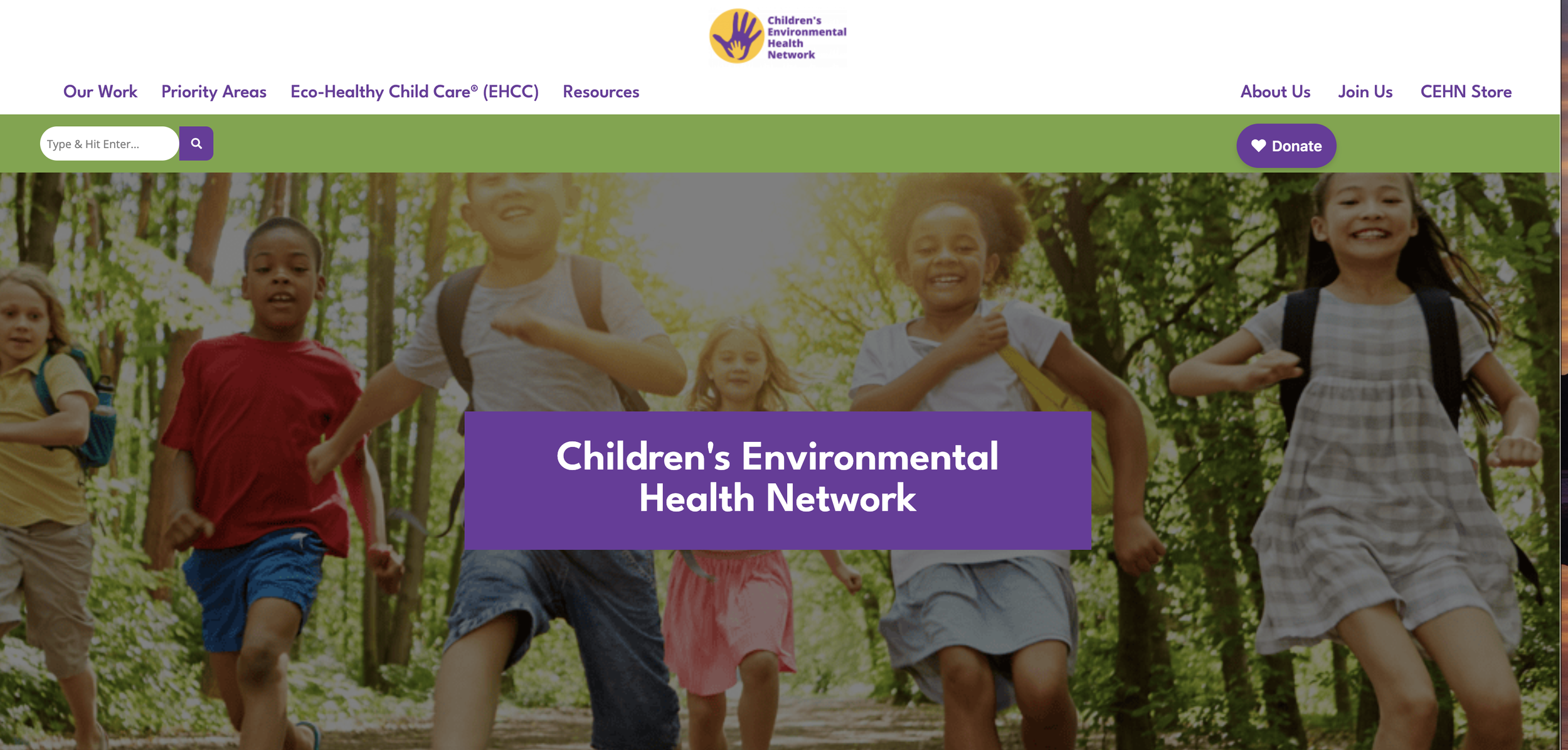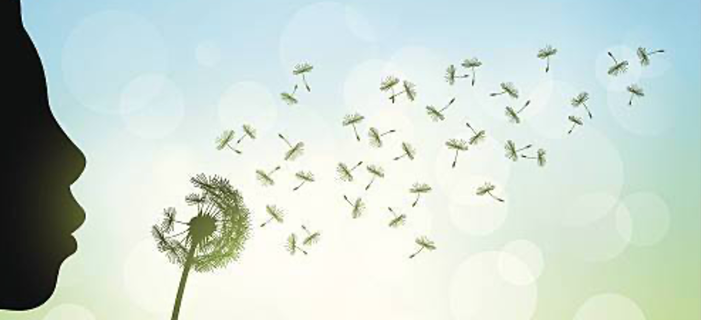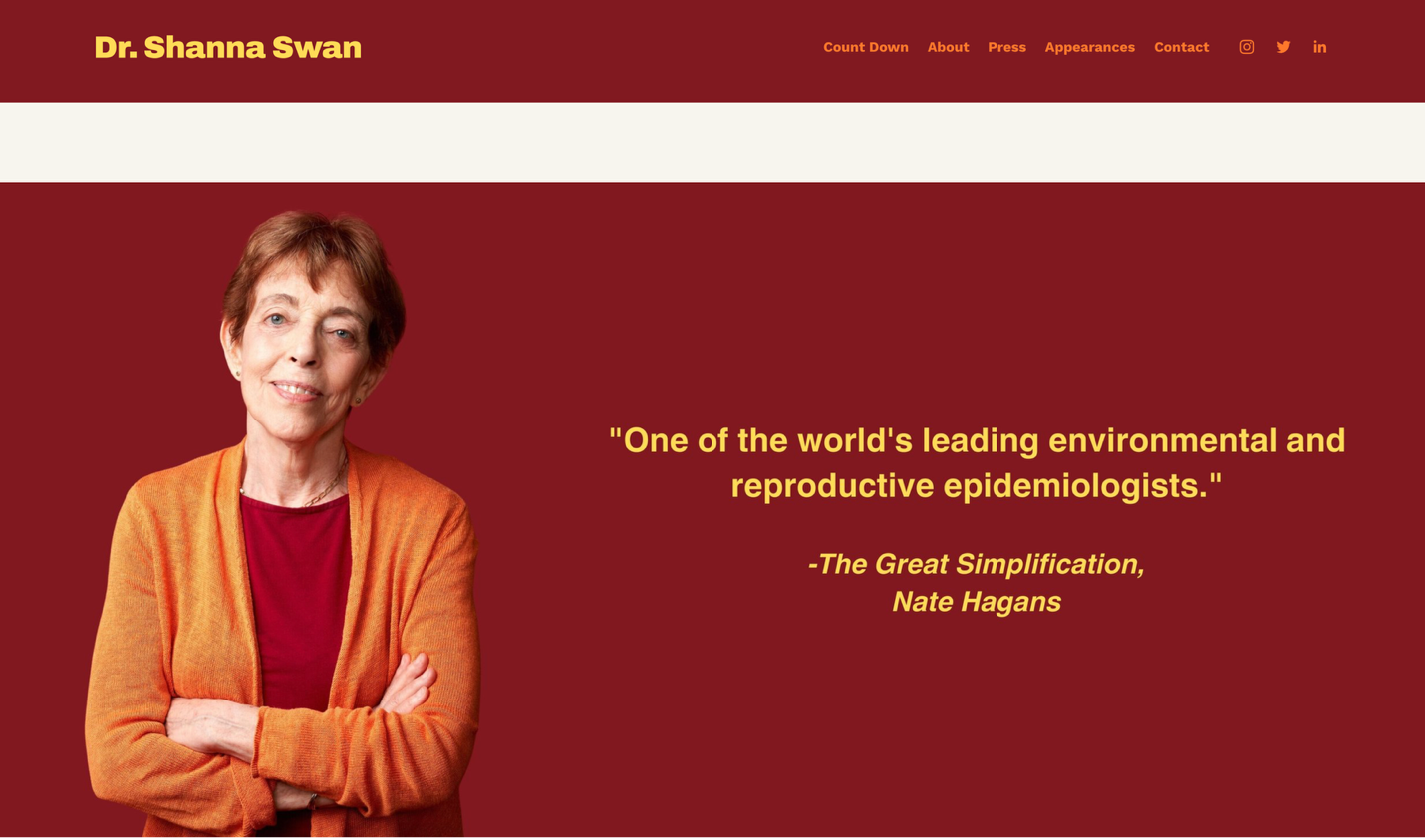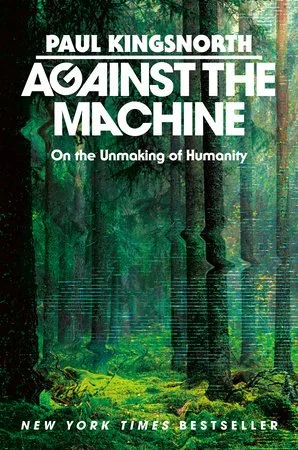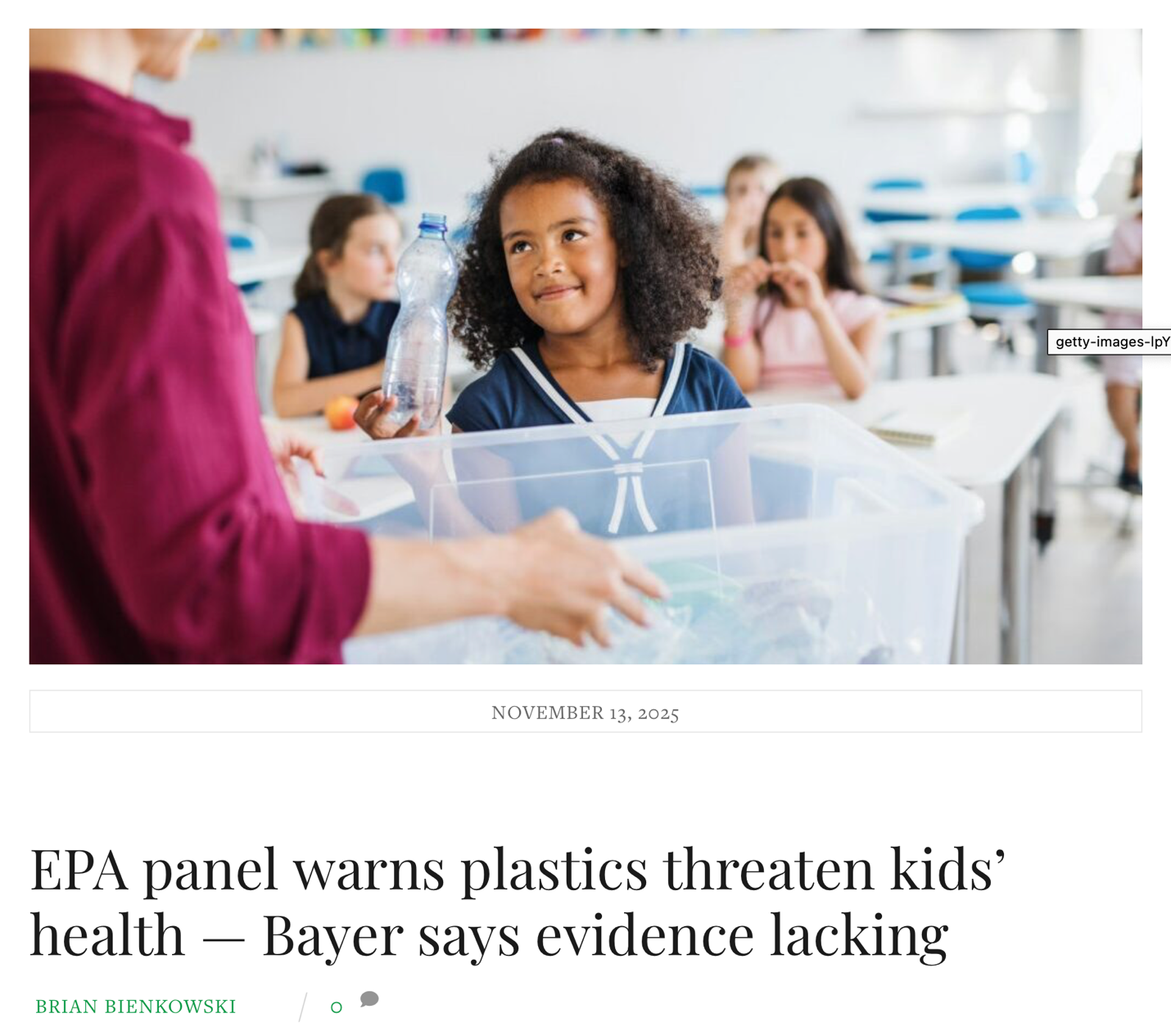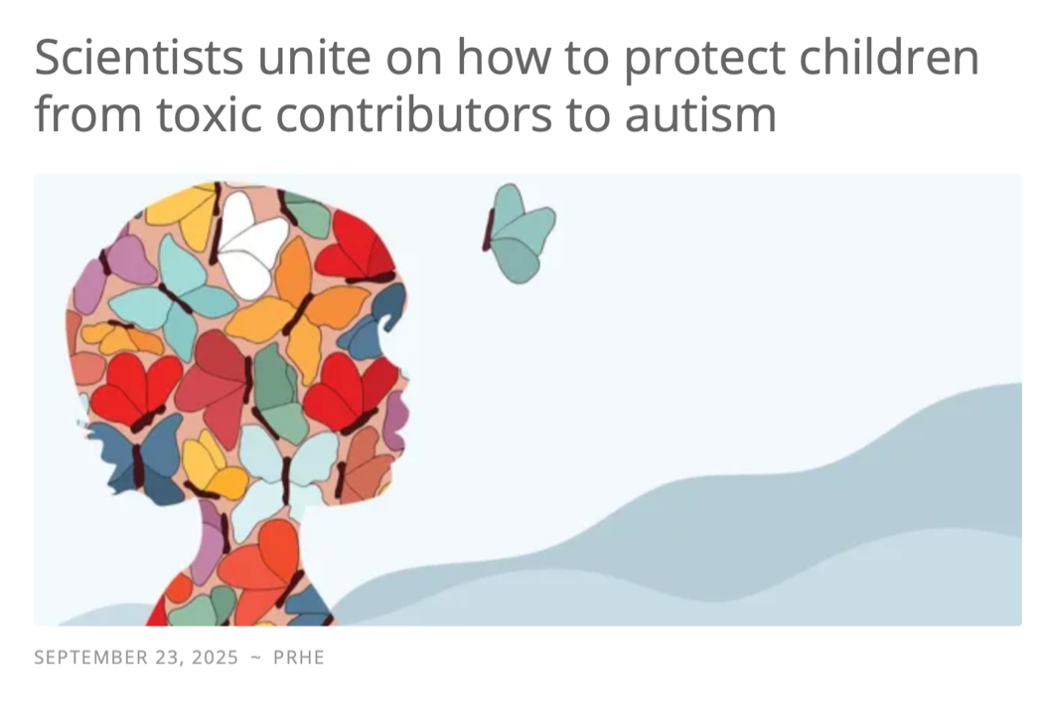Today, my beloved Katherine would have been twenty-two years old. She wanted so desperately to live; when she realized death was inevitable, she asked, precociously, "But Mommy, don't I even get to be the average age for men?" I am miserable missing her every day. Every moment, her absence is a haunting shadow. I see her right now in our kitchen, dancing with her friends in pink and white gowns at her last birthday -- our Queen of Hearts. I see her petite form pulling on the knob of the school door every day I drop off my surviving children. I measure her stature in the heights of her friends and see her face in the faces of my students, who now would be mostly younger than she. She remains the smartest, most original, most loving person I have ever known.
What I want people to remember is that when children are poisoned, when children are diagnosed with these dread diseases, that is forever. Children like my Katherine don't get a do-over; they don't get a second chance. It would have been everything for all of us if she had lived, but even if she had survived the chemotherapy, radiation, and dual bone marrow transplants, she would have faced learning difficulties, stunted growth, thinned bones, altered hormones, and likely, future cancers from the treatment.
The children of Flint do not get a do-over. There is no safe level of lead, and all of them have been exposed. Many of them will have to deal with life-long decreases in intelligence, changes in behavior, and other terrible health effects. For each of them, and for each of their families, that is a tragedy. Children with autism do not get a do-over. The darling children I know with autism are irrevocably altered by their disease, and all the evidence points to an environmental cause, like pesticides or heavy metals, combined with genetics, in processes so complex, we may never fully understand them. The children afflicted by birth defects, auto-immune disease, and asthma never get another chance at a happy, healthy childhood. And every day we delay meaningful action to regulate environmental chemicals, more children are born into the world pre-poisoned.
I remember taking Developmental Biology, the eerily intricate dance of cells in the developing blastocyst, the ball of cells that develops from the fertilized egg and originates nearly every animal on earth. In that tiny ball that was each one of us, some cells plunge inwards and become the whole heart; other cells migrate and become the arm buds; at one point of development, cells on opposite sides of the embryo fold together to form the neural tube, which becomes the brain and spinal cord. Each pluripotent cell refines its identity and becomes specialized, very rapidly in human terms. Those eminently sensitive tissues are now bathed in a toxic soup of chemicals, never known during the whole evolution of life, before humans invented them. We know that prenatal exposure is the cause of many of the rapidly increasing childhood and adult chronic illnesses, and we know through epigenetic studies that those changes can even be passed down the line of descent. We certainly don't know all the consequences of this radically altered environment for human health and the ecology of the planet.
All of this is a choice. We could choose not to poison our children quite so badly, but we don't lift a finger. Only five chemicals have ever been banned since the origin in 1976 of TSCA. The Lautenberg Chemical Safety Act may make a positive difference, but it does not go far enough. Like Europe, we need to begin to place the burden of proof on chemical manufacturers to establish that their products do not cause harm, rather than on epidemiologists and the mothers of dead children to show that they do. Even if we accomplish that now, and we should not wait another day, it will be very far from reversing the damage done, to the children of Flint, to the victims of environmental disease, and to my Katherine.


